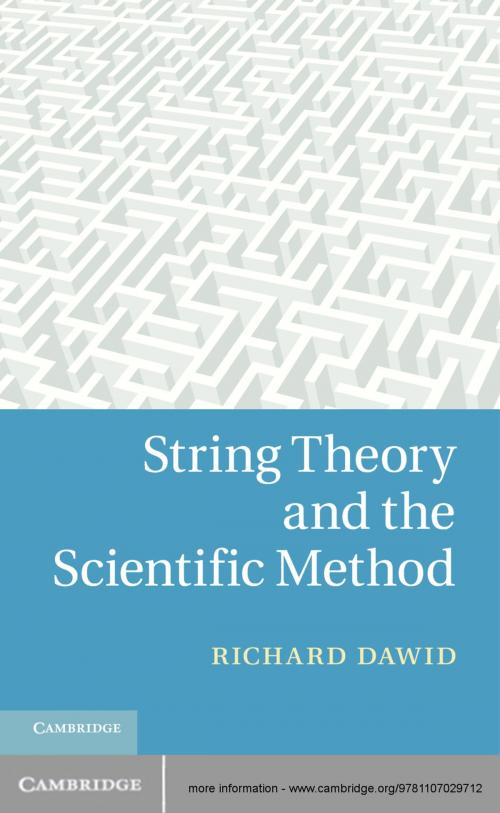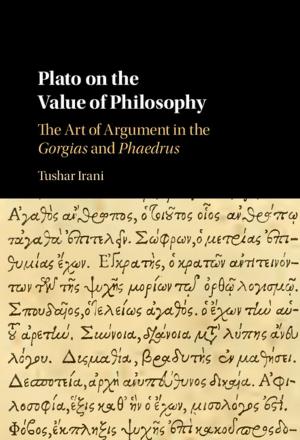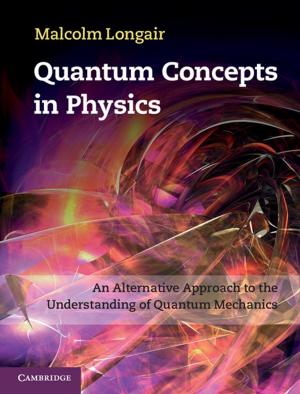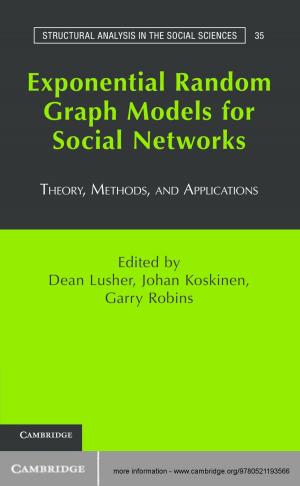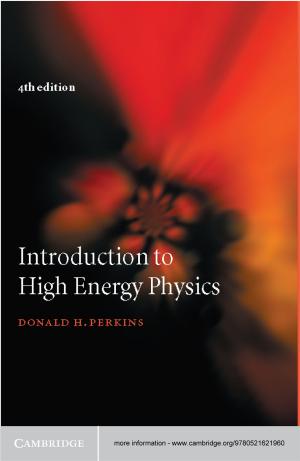String Theory and the Scientific Method
Nonfiction, Science & Nature, Science, Physics, Cosmology, Mathematics| Author: | Richard Dawid | ISBN: | 9781107065321 |
| Publisher: | Cambridge University Press | Publication: | May 2, 2013 |
| Imprint: | Cambridge University Press | Language: | English |
| Author: | Richard Dawid |
| ISBN: | 9781107065321 |
| Publisher: | Cambridge University Press |
| Publication: | May 2, 2013 |
| Imprint: | Cambridge University Press |
| Language: | English |
String theory has played a highly influential role in theoretical physics for nearly three decades and has substantially altered our view of the elementary building principles of the Universe. However, the theory remains empirically unconfirmed, and is expected to remain so for the foreseeable future. So why do string theorists have such a strong belief in their theory? This book explores this question, offering a novel insight into the nature of theory assessment itself. Dawid approaches the topic from a unique position, having extensive experience in both philosophy and high-energy physics. He argues that string theory is just the most conspicuous example of a number of theories in high-energy physics where non-empirical theory assessment has an important part to play. Aimed at physicists and philosophers of science, the book does not use mathematical formalism and explains most technical terms.
String theory has played a highly influential role in theoretical physics for nearly three decades and has substantially altered our view of the elementary building principles of the Universe. However, the theory remains empirically unconfirmed, and is expected to remain so for the foreseeable future. So why do string theorists have such a strong belief in their theory? This book explores this question, offering a novel insight into the nature of theory assessment itself. Dawid approaches the topic from a unique position, having extensive experience in both philosophy and high-energy physics. He argues that string theory is just the most conspicuous example of a number of theories in high-energy physics where non-empirical theory assessment has an important part to play. Aimed at physicists and philosophers of science, the book does not use mathematical formalism and explains most technical terms.
